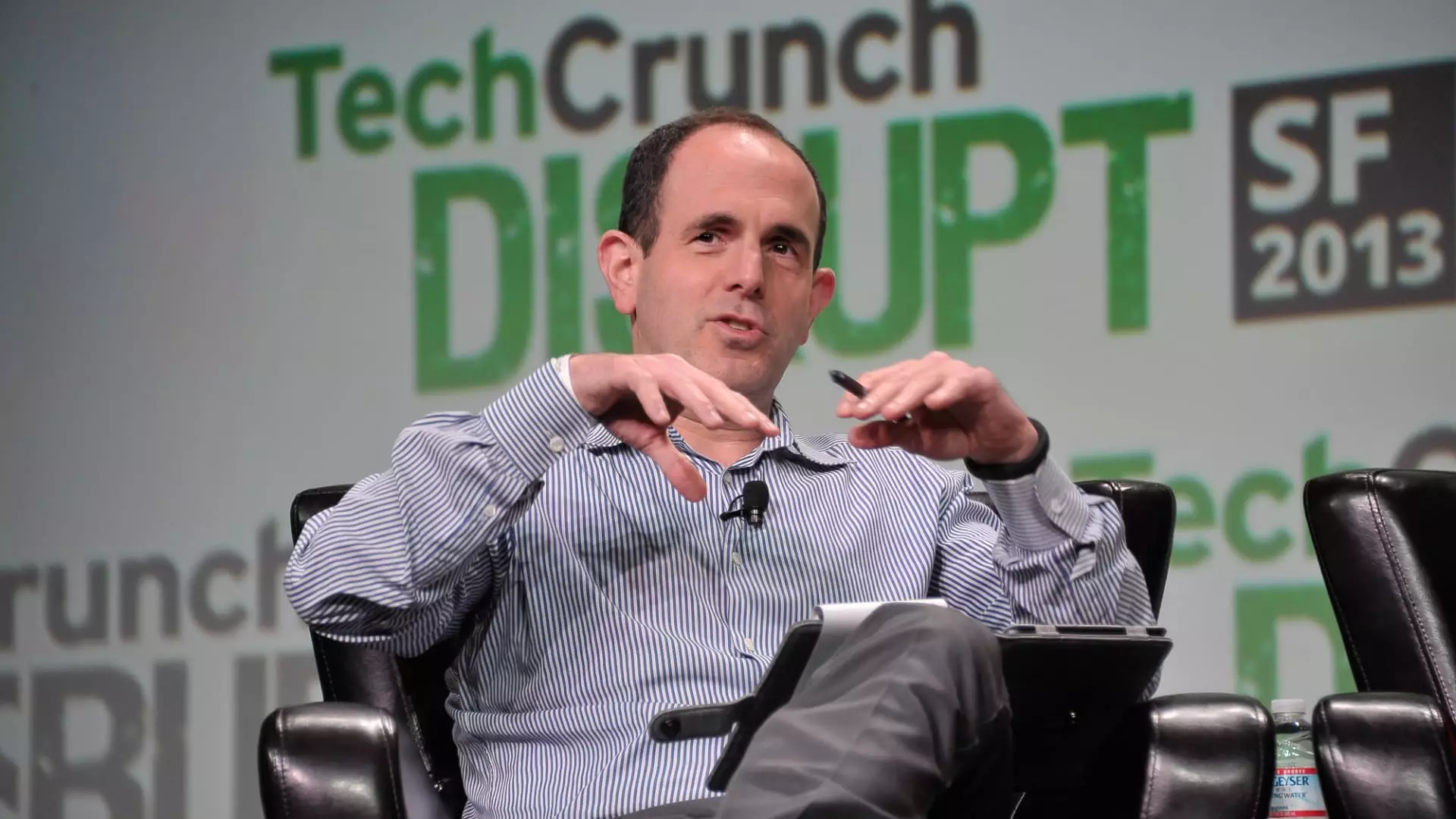Opendoor’s recent leadership overhaul underscores a deeper corporate struggle—an internal tension between innovative potential and operational disarray. Keith Rabois’s blunt critique of the remote work policy reveals a fundamental belief: true progress requires in-person collaboration. His assertion that the company’s culture was “broken” due to remote work and an oversized workforce is a stark departure from modern corporate norms, signaling a desire to reclaim control through traditional team dynamics. While remote work brought flexibility and broadened the talent pool, Rabois perceives it as a hindrance, diluting innovation and accountability. His push toward returning to face-to-face interaction suggests he values a corporate culture rooted in direct communication, shared energy, and spontaneous brainstorming—elements that are arguably eroding in a remote-first environment.
This perspective, however, raises questions about whether such a rigid approach stifles diversity of thought and inclusivity. Rabois’s dismissive stance on the “bloated” headcount and the calls for drastic layoffs could risk alienating valuable talent and missing broader strategic opportunities. Companies today thrive on adaptability, and a purist return to old-school methods might undermine the progressive, flexible workplace that many modern workers now expect.
Leadership Changes and Market Reactions: A Double-Edged Sword
The appointment of Kaz Nejatian as CEO, alongside Rabois’s elevation to chairman, signifies a swing toward a more focused, streamlined vision. The stark increase in Opendoor’s stock price pre- and post-appointment underscores investor optimism about leadership change—yet this enthusiasm by no means guarantees sustainable growth. The company operates in a fragile financial position, burning cash with limited near-term prospects—an uncomfortable truth that can’t be masked by market hype.
The abrupt shift from a company that had been floated on retail investor excitement, largely driven by hedge fund advocates, highlights how volatile and speculative the current environment remains. The surge of optimism can be fleeting, especially when underlying fundamentals remain weak. Rabois’s conviction that reducing headcount and abandoning *certain* diversity initiatives are essential for survival hints at a narrow focus on immediate cash flow rather than sustainable innovation. It’s a risky gamble; prioritizing short-term survival over long-term strategic pivots could stunt Opendoor’s ability to reinvent itself in an increasingly competitive real estate market.
An Ideological Tug-of-War: Traditionalism Versus Progressive Innovation
The push to “return to roots” and eliminate what Rabois calls a “broken” culture paints a picture of a leadership oscillating between nostalgic traditionalism and the demands of a modern, increasingly diverse workforce. His promise to fix “all that” concerning DEI initiatives signals a move away from corporate social responsibility gymnastics that, while contested, foster a more inclusive environment. This reactionary stance risks alienating progressive employees and shareholders who view diversity efforts not as a distraction but as a pathway to broader innovation.
Operationally, the confrontation between core values and pragmatic survival is at the heart of this upheaval. Rabois seems to believe that the roots of innovation lie in in-person collaboration and a leaner structure. Whether this will work in an industry fraught with systemic challenges remains to be seen. Still, it undeniably reflects a broader philosophical debate: Can a company truly innovate if it’s constrained by outdated notions of work culture? Opendoor’s choice to double down on traditional corporate values suggests a belief that the future belongs to those willing to embrace discipline, focus, and face-to-face engagement—principles that, while noble, risk disregarding the evolving needs of a diverse workforce and a rapidly changing market landscape.

